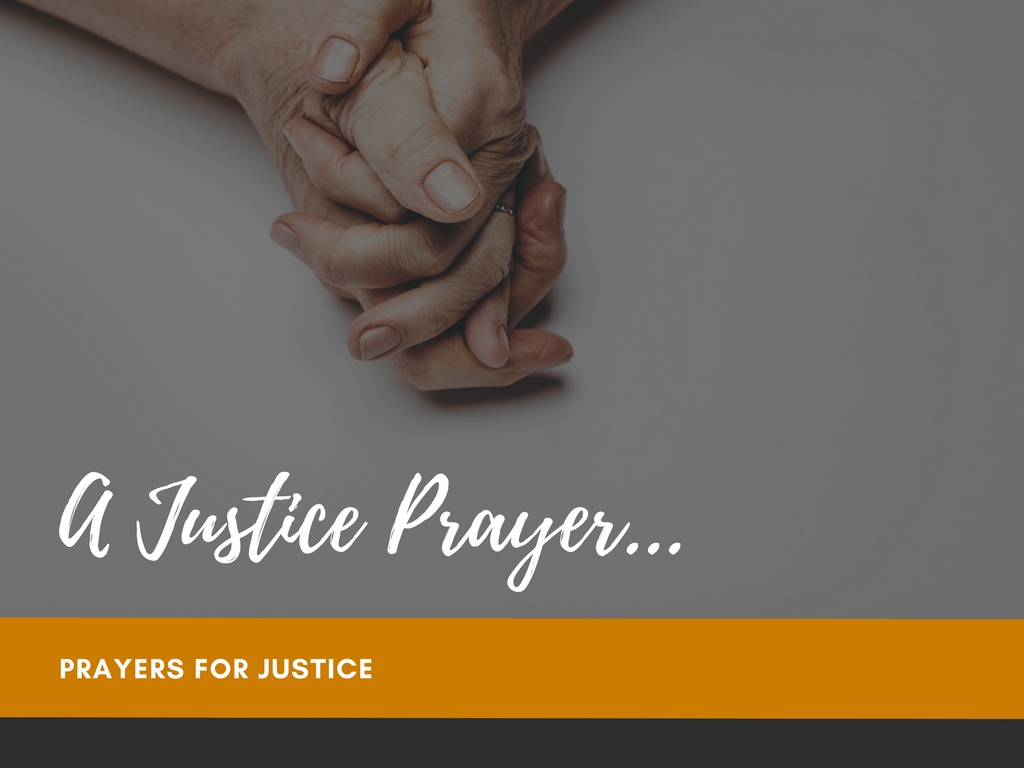We have heard about modern slavery and trafficking, unfair working conditions and terrible pay for some of the people who make the products we buy. As consumers we have the choice to support these practices or support brands that care for their workers all along the supply chain.
To help us shop more ethically, we can look for and purchase products that have received a certification that ensures the practices involved in making the product were fair and just. Below are some of these certification schemes to look out for, and what they mean:

Fairtrade
“Fairtrade is about stable prices, decent working conditions and the empowerment of farmers and workers around the world”.[1]
Key aspects of Fairtrade include:
- It is 50% owned by producers. This gives them a voice in decision making, in regards to pricing, standards, use of resources, and the overall strategy
- It empowers women and promotes gender equality
- It ensures a minimum price on products which ensures costs of sustainable production are covered
- It has a premium, an additional sum of money for a communal fund that farmers and workers can use where they deem important including healthcare and education for their children, improved infrastructure, and other things that would benefit their business or community.
Fairtrade works in more than 70 countries, with smallholder producer organisations based in Papua New Guinea, Timor Leste and the Pacific Islands.
For a product to receive full Fairtrade certification, majority of ingredients will have met strict Fairtrade Standards all through the supply chain. Sugar, Cocoa and Cotton can be certified independently within a product, through the Fairtrade Sourcing Program. If this symbol is on a product, only that ingredient has met all of the standards.

Fairtrade products include vanilla, ice cream , coffee, tea, chocolate, cotton, sports balls, gold and skin care. In addition to these, many ‘Etiko‘ products are certified Fairtrade including shoes, clothes and undies.
____________________________________________________________________________________________
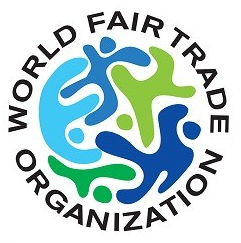
World Fair Trade Organisation (WFTO)
Key Practices of WFTO:
- Commitment to Fair Trade
- Transparency
- Ethical Issues
- Working Conditions
- Equal Employment Opportunities
- Concern for People
- Concern for the Environment
- Respect for Producers’ Cultural Identity
- Education and Advocacy
WFTO requires certified organisations to establish quality relationships on the grounds of solidarity, trust and mutual respect. These relationships should be between Fair Trade Organisations and consumers, Fair Trade Organisations and Producer Organisations, and Fair Trade Organisations themselves.
For an organisation to become WFTO certified, they must adhere to the practices outlined above and the 10 principles of Fair Trade (below).

(WFTO, 10 Principles of Fair Trade)
WFTO certified products are available at Oxfam (as they are certified members of WFTO). WFTO also certifies communities such as workplaces, schools, councils/towns, and faith groups (find out how your community can be certified here)
____________________________________________________________________________________________
 Fair for Life
Fair for Life
Fair for Life certification combines three key types of requirements:
- Organic farming
- Corporate social responsibility
- Fair trade
In addition to these requirements, operators must implement activities that raise awareness and involve advocacy.
The mission of Fair for Life is to make fair trade principles a reality in supply chains of cooperating groups. This is done by:
- Defining clear requirements for supply chains
- Guaranteeing sound and efficient control of the requirements that can be adapted for various settings
- Ensuring consumers receive honest information about the requirements and their implementation
For a whole product to be certified, at least 80% of all agricultural ingredients (by weight) meet the certification requirements.
There are a wide variety of products certified by Fair for Life products. In Australia these include “Pukka” teas, and products from Oxfam such as sundried tomatos.
____________________________________________________________________________________________
 Rainforest Alliance
Rainforest Alliance
The Rainforest Alliance certification on a product means the product or company has been audited to meet standards that require environmental, social and economic stability.
In order to become certified farms must comply with the Rainforest Alliance Sustainable Agriculture Standard. Which is built on the following principles of sustainable farming:
- Conservation of biodiversity
- Improve livelihoods and human well-being
- Conservation of natural resources
- Planning and farm management systems that are effective
Tourism businesses can also be certified by Rainforest Alliance if they:
- Protect nearby ecosystems
- Use natural resources widely
- Mitigate climate change
- Benefit surrounding communities through social and cultural development
Rainforest Alliance certified products include Nespresso coffee, Tetra Pak (paper and packaging), Woolworths products such as chocolate, tea, coffee, toilet paper and tissues, McDonalds tea and cofee, Palmer’s soap, Lavazza coffee, Magnum chocolate, Lipton tea, and others. Find certified tourism businesses here.
____________________________________________________________________________________________
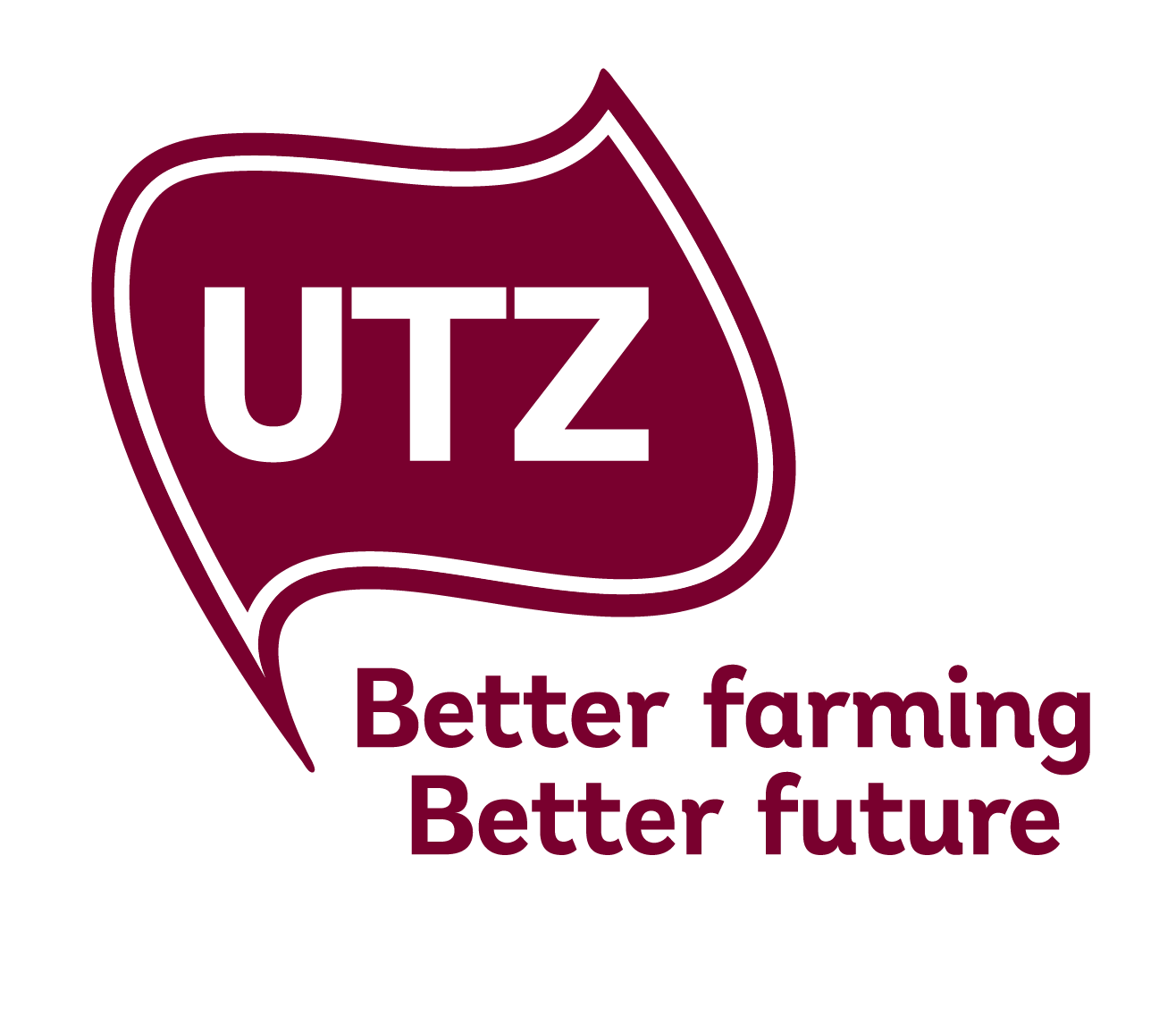 UTZ
UTZ
The UTZ logo means the company supports sustainable farming by sourcing UTZ certified coffee, cocoa, tea or hazelnuts. This means the logo is only referring to those ingredients complying with their sustainability standards, not other ingredients like sugar or milk.
The sustainability standards are guided by the principles of fairness and transparency. The standards are the UTZ code of conduct (covering growing and harvesting processes), and their Chain of Custody (covering when the product leaves the farm to when it arrives on shelves – this is about traceability).
The Code of Conduct addresses:
- Farming management
- Farming practices
- Social and living conditions (of workers)
- Environmental impacts
For the coffee, cocoa, tea or hazelnuts to be labelled as UTZ, producers/producer groups and supply chain actors must be UTZ certified and therefore be following the UTZ sustainability standards.
You can buy UTZ products, including Choceur chocolates and Expressi Perugia coffee, from Aldi and a number of other places – but remember, only the tea, coffee, cocoa and hazelnuts in the product have met the UTZ requirements.
 In January 2018, UTZ merged with Rainforest Alliance. This was because they believe together they can have a greater impact and be better partners to their many stakeholders. Together they plan to respond to and address:
In January 2018, UTZ merged with Rainforest Alliance. This was because they believe together they can have a greater impact and be better partners to their many stakeholders. Together they plan to respond to and address:
- Deforestation
- Climate change
- Systemic poverty
- Social inequality
The publication of their single new program will not be complete until the end of 2019, so until then the programs will continue to run in parallel. [2]
____________________________________________________________________________________________

Bonsucro
Bonsucro Certification provides transparent proof that sugarcane production and the supply chain meet strict requirements regarding the social and environmental impacts of sugarcane production.
Bonsucro is an association of sugarcane producers and downstream processors whose aim is to ensure a sustainable future for sugarcane production through socially and environmentally responsible initiatives. Certification is independent and third-party which demonstrates a rigorous process to ensure compliance, and covers both a production standard and a chain of custody standard.
The Bonsucro Certification covers all sugarcane products, including sugar and bioethanol fuels, and in Australia includes products such as Bundaberg sugar, Coles brand sugar, and Woolworths brand sugar.
____________________________________________________________________________________________
Find out more about these certifications at:
Fairtrade: http://fairtrade.com.au/
World Fair Trade Organisation: https://wfto.com/
Fair for Life: http://www.fairforlife.org/
Rainforest Alliance: https://www.rainforest-alliance.org/
UTZ: https://utz.org/
Bonsucro: http://www.bonsucro.com/
[1] Fairtrade Australia and New Zealand
[2] UTZ and Rainforest Alliance Merger



















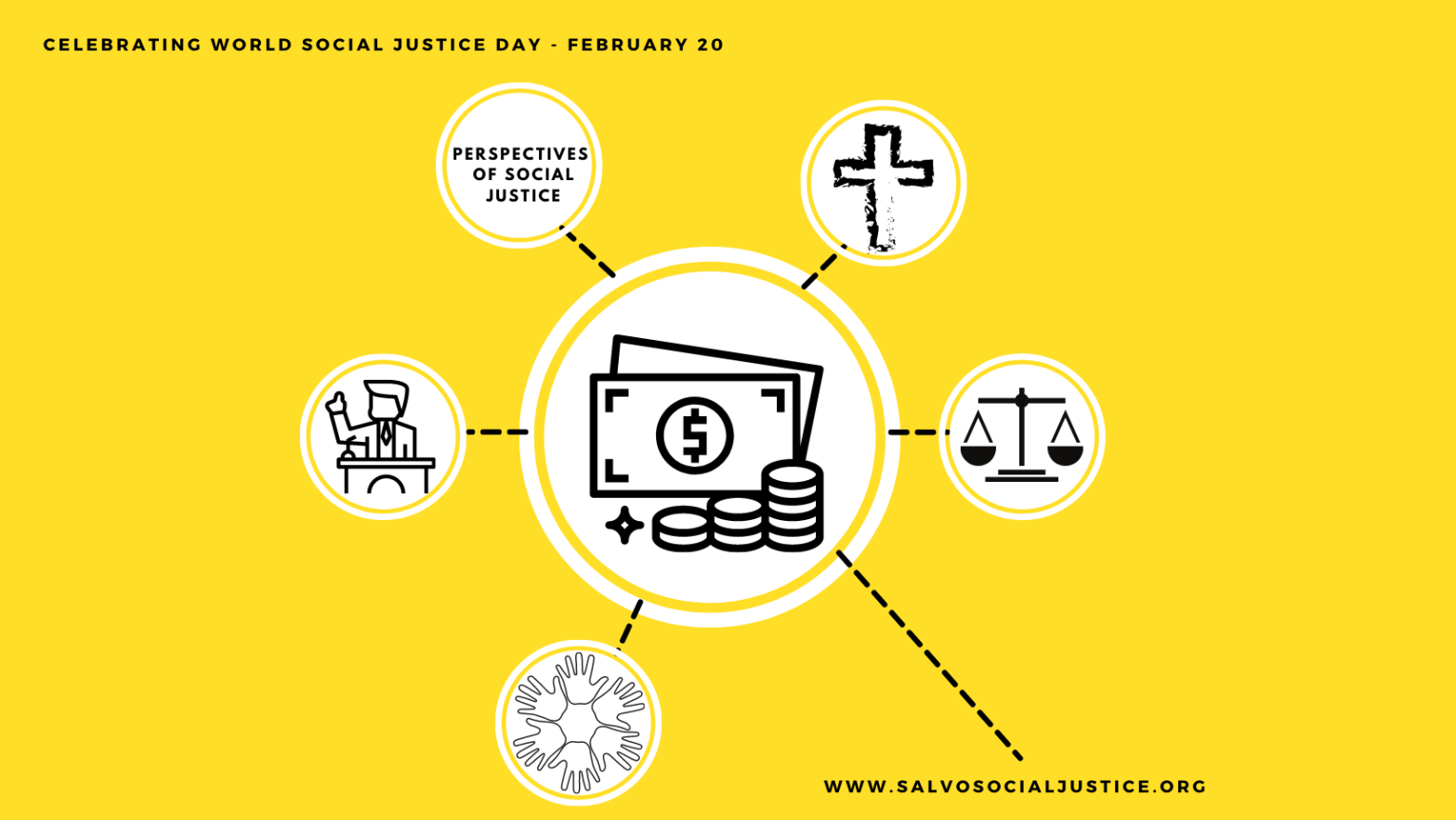

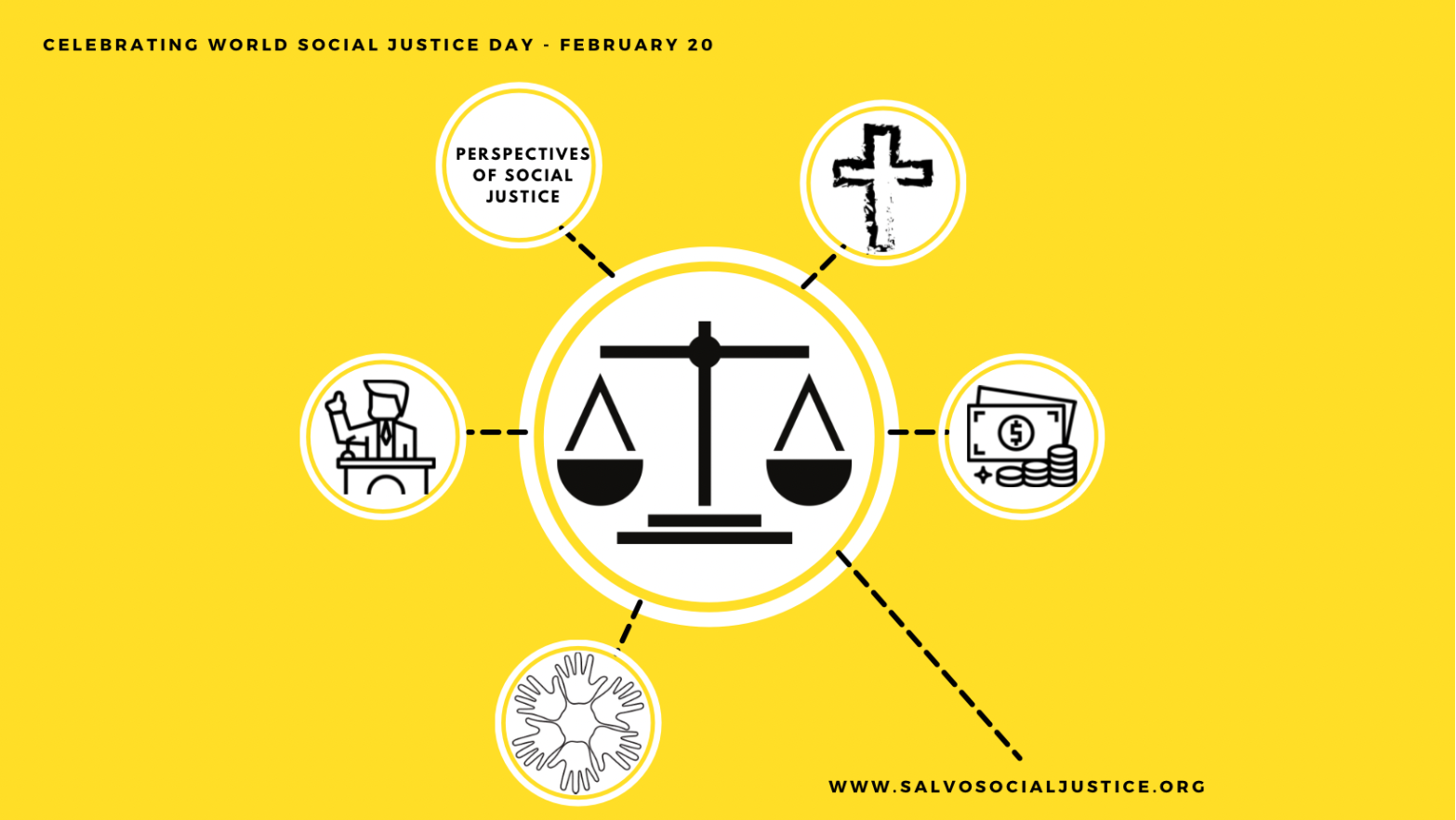















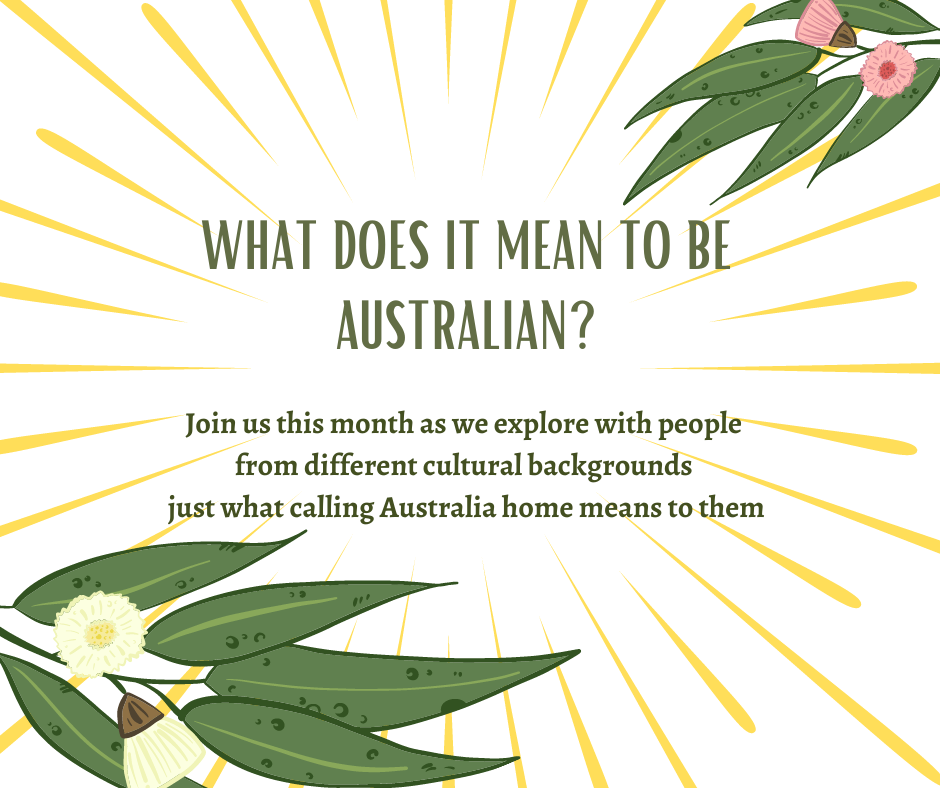

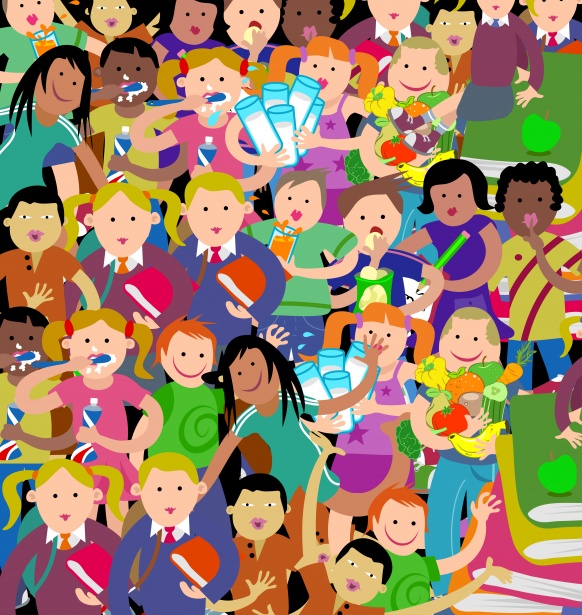



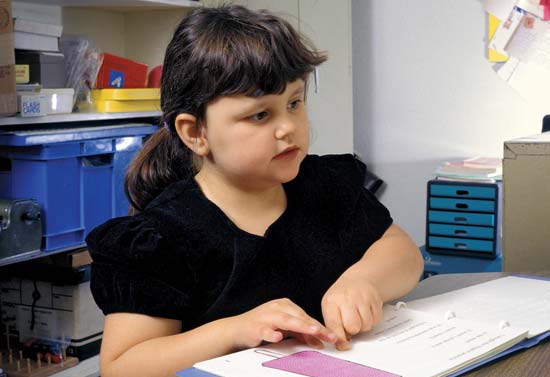

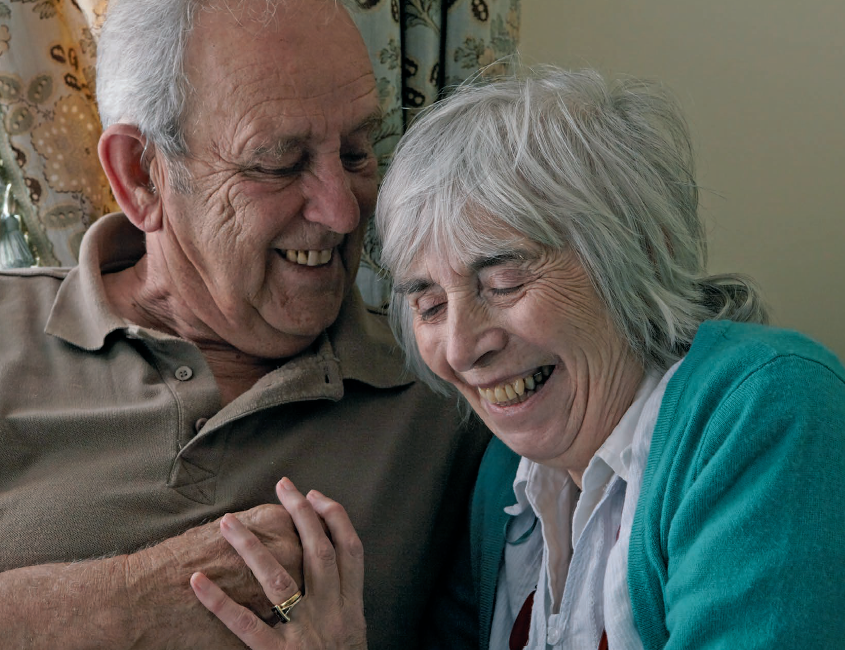


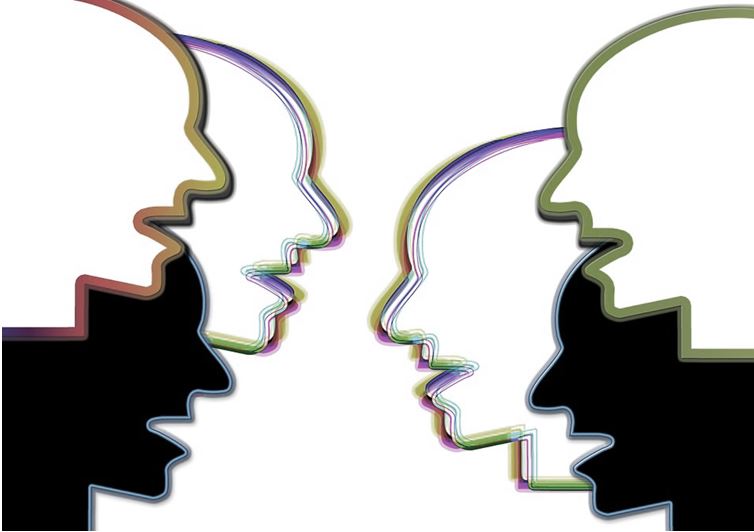







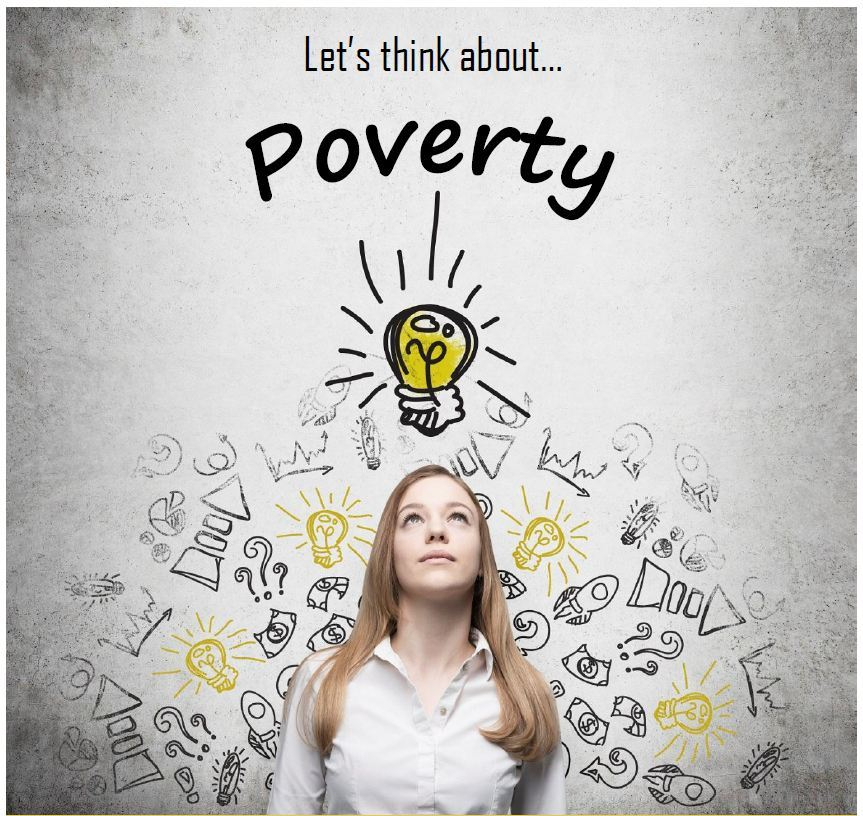

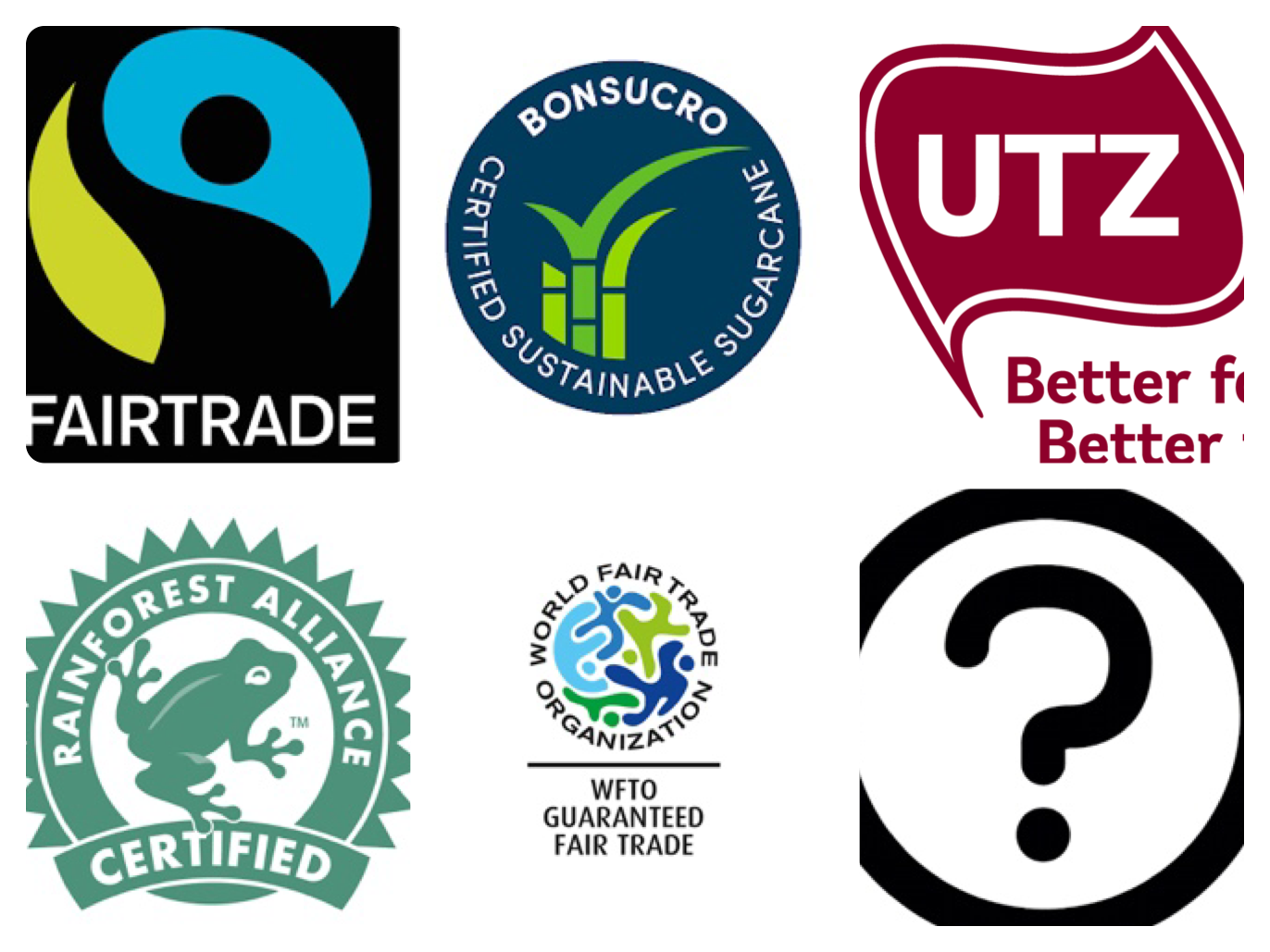




 Fair for Life
Fair for Life  Rainforest Alliance
Rainforest Alliance  UTZ
UTZ In January 2018, UTZ merged with Rainforest Alliance. This was because they believe together they can have a greater impact and be better partners to their many stakeholders. Together they plan to respond to and address:
In January 2018, UTZ merged with Rainforest Alliance. This was because they believe together they can have a greater impact and be better partners to their many stakeholders. Together they plan to respond to and address:



